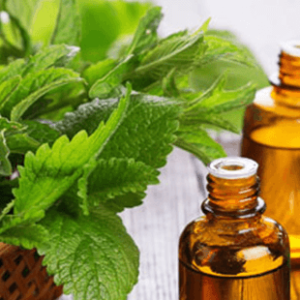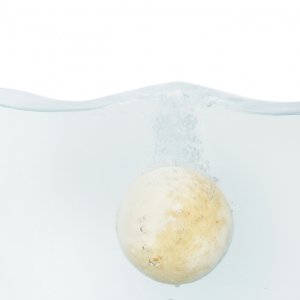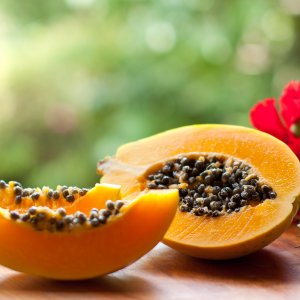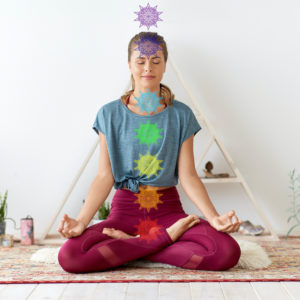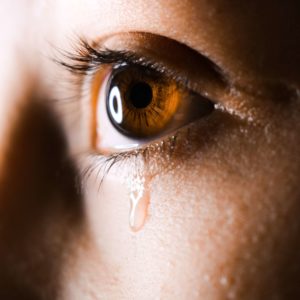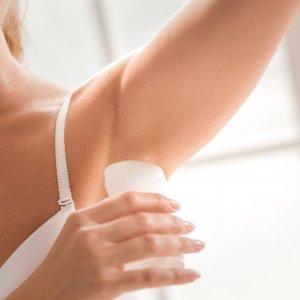Most people agree that the most annoying insects are mosquitoes. Many a summer picnic, hike, or enjoyable afternoon outside has been spoiled by these pesky buzzing parasites. And they are not just annoying. Because they transmit various diseases, the World Health Organization (WHO) names them one of the deadliest animals in the world. So who is at greatest risk for mosquito bites, and what precautions can you take to protect yourself?
Why Some People Tend to Get More Mosquito Bites than Others
We all have that friend who seems to be a magnet for even mosquito within a two-mile radius. Or maybe that person is you. There are several reasons that some people attract mosquitoes more than other people.
Blood Type
First, people with O blood type are more likely than people with other blood types to get bit. In fact, if you place disaccharides from O type blood to the forearm, you will get more mosquitoes landing on you than if you treat the arm with saccharides from A, AB or B blood type.
Carbon Dioxide Output
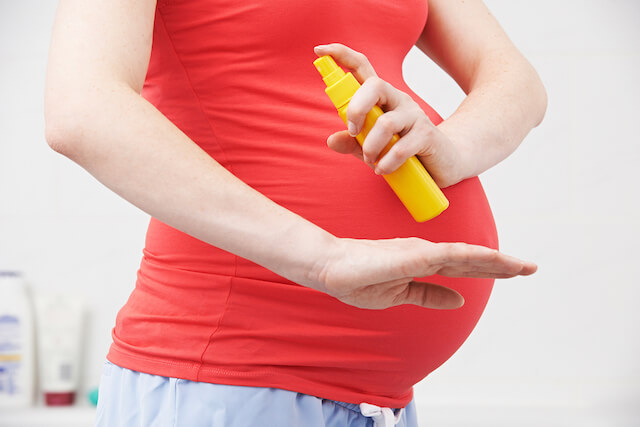
Mosquitoes find their targets by detecting and tracking carbon dioxide using an organ called the maxillary palp. Larger people tend to have larger lungs than smaller people and therefore exhale more carbon dioxide. If you are tall or stocky, you may be more at risk for bites. Pregnant women also produce more carbon dioxide and are at an increased risk of mosquito bites.
Sweat
Mosquitoes also follow the scent of lactic acid, uric acid, ammonia and other aromas found in sweat. Exercise increases the body’s production of lactic acid, and exercisers are also more likely to sweat, putting them at risk for bites. Variations in metabolism may dictate how much uric acid the body produces, meaning that genetic factors may predispose you to mosquito bites as well.
Skin Flora
Having high bacterial diversity on the skin may also decrease the risk of mosquito bites, and only a very few types of bacteria increases the risk of bites.
Tips for Repelling Mosquitoes
Avoid Peak Times
Mosquitoes are most active in the morning and especially at dusk. Plan outings during the middle part of the day to avoid exposure during the peak mosquito times.
Wear Insect Repellent
Avoid harsh chemical repellents that can irritate skin, eyes, and sinuses and may even cause respiratory distress. These chemicals are absorbed into the skin and may have other serious repercussions.
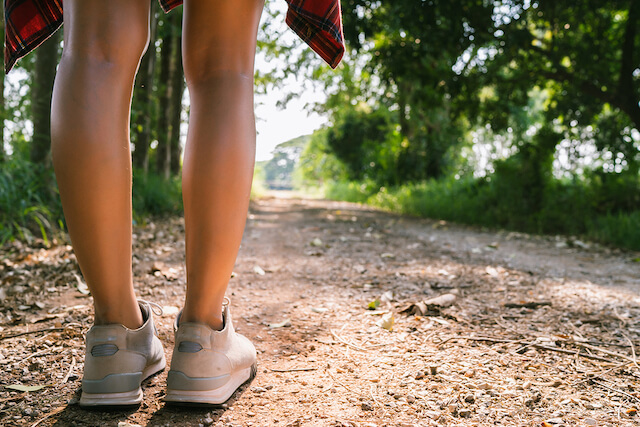
Wear Light-Colored Clothing
Choose clothing wisely because bold saturated colors make you an easier target for mosquitoes to find.
Keep Skin Flora Healthy
Encourage diversified healthy bacteria on your skin by avoiding antibacterial soap, and apply lotions or creams that contain probiotics, or add a probiotic supplement to your routine.
Step Away from the Brewski
Consuming just one 12 ounce bottle of beer increases the risk of mosquito bites. Researchers don’t exactly know why, but it is thought to correlate with the amount of ethanol excreted in the sweat or the increase in body temperature.
Limit Breeding Ground

Mosquitoes lay their eggs in water. Keep the house and yard tidy to limit prime areas for breeding. Unclog roof gutters, get rid of any standing water, frequently change water in bird baths, and empty and flower pots that have water in them. Store flower pots upside down.
Essential Oils
Essential oils are produced by plants to avoid predators, including insects. Plant citronella, lemongrass, basil, lemon balm, or lavender in your yard to reduce the number of mosquitoes. You can also apply these essential oils to your skin before heading outside.
So you got bit. What’s the best relief?
First and foremost, don’t scratch!
As tempting as it is to scratch mosquito bites, this will only intensify the itching. Scratching a mosquito bite irritates the skin, increases inflammation and may cause infection.
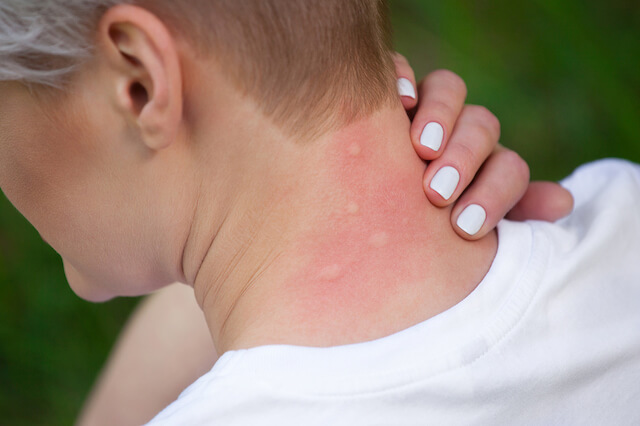
Use heat or cold to soothe
Peppermint essential oil contains cooling menthol that can help reduce itching, and many over the counter anti-itch medicines contain menthol. Menthol activates cold receptors in the brain and reduces the perception of itching. Combine the peppermint essential oil with baking soda and water and make a paste to dab on the bite. If all else fails and the itching is intense and affecting quality of life, grab a tube of hydrocortisone or calamine lotion from the pharmacy.
When it Becomes Serious
For some people, severe reactions to mosquito bites may occur. Severe allergic reactions, including an overly large area of itching, lesions, bruises, inflammation of the lymphatic system, hives, and even anaphylaxis may occur. If you have serious signs, like fever, severe headache, nausea or vomiting, rash, fatigue, or body ache, or if you think you may have been exposed to malaria, West Nile Virus, yellow fever or dengue fever, seek medical attention immediately.
Come check out this post for a DIY Itch Stick!
Looking for more health and wellness education? Come with your first week free!


